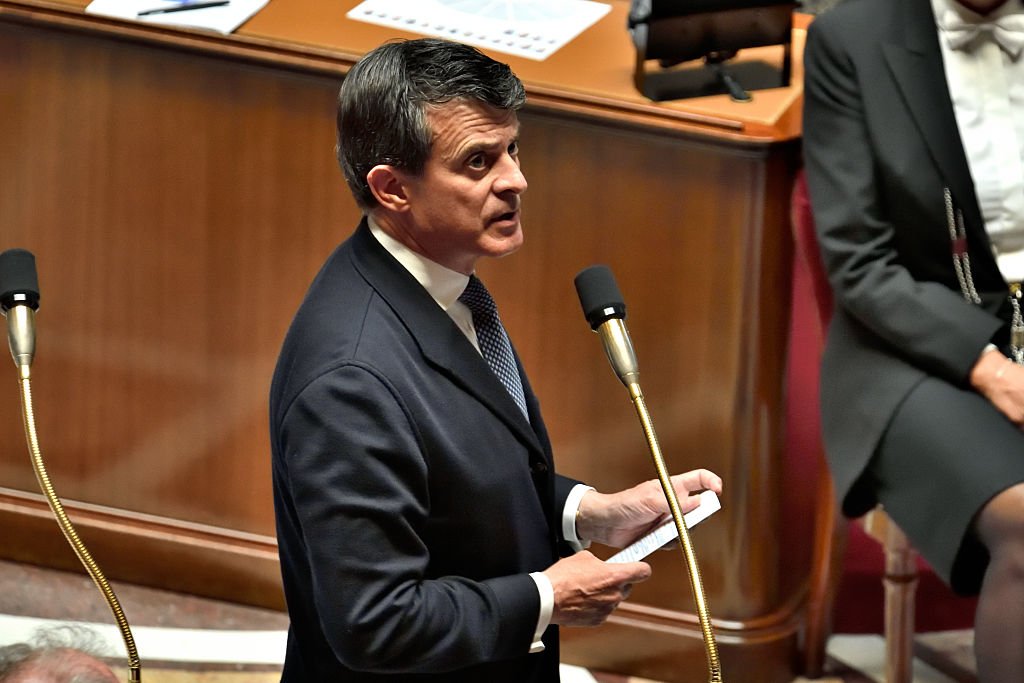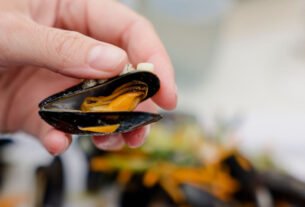PARIS – France’s Overseas Minister Manuel Valls is returning to New Caledonia on Tuesday in a bid to rescue a political agreement that would redefine the territory’s status with broad new powers, despite outright rejection by the main pro-independence movement.
The Bougival Agreement, struck in Paris in July between loyalist and pro-independence leaders, promised to redefine the territory’s status, under French control since the mid-19th century, after more than a year of deadly unrest.
But hopes of consensus collapsed on 13 August, when the Kanak and Socialist National Liberation Front (FLNKS) walked away.
Ahead of touching down in the capital Nouméa, Valls said his task will be “to explain, clarify, add detail and persuade – as much as necessary.”
The tentative accord envisages the creation of a distinct Caledonian nationality – held alongside French citizenship – and the establishment of a ‘State of New Caledonia’ with sweeping powers over diplomacy, justice and currency, though defence would remain with Paris.
The agreement also proposes opening the electoral roll to residents who have lived in New Caledonia for at least 10 years, beginning with the 2031 provincial elections.
The issue of voter eligibility has long been a flashpoint: a similar reform sparked the deadly unrest of May 2024, when Kanak activists accused Paris of tilting the demographic balance in favour of settlers from mainland France – and therefore of pro-French loyalist parties.
To take effect, the reforms must pass New Caledonia’s congress, requiring a three-fifths majority plus an additional five seats. The FLNKS, and particularly the influential Caledonian Union (UC), argue that this threshold is unattainable and accuse Paris of engineering a disguised veto over further transfers of power.
Dominique Fochi, UC secretary general and a senior figure in the FLNKS, dismissed the Bougival text as offering no “guarantee of stability for the country, for its future.” A pathway to full sovereignty had been drawn, he said, but it resembled “a Via Dolorosa, given how many locks and obstacles are in place.”
In the coming days, Valls is expected to court influential local figures and customary leaders to win support. He is likely to exploit rifts in the pro-independence camp: the National Union for Independence (UNI), which split from the FLNKS during last year’s unrest, has backed the agreement. Its President in congress, Jean-Pierre Djaïwé, argues the deal provides “a gradual path to full sovereignty.”
On what is already his fourth visit to Nouméa this year, Valls also aims to set up a drafting committee for the agreement. But its legitimacy will be hard to sustain without FLNKS involvement. Since the 1980s, the UN has recognised the movement as the representative voice of New Caledonia’s decolonisation struggle.
(mm)





